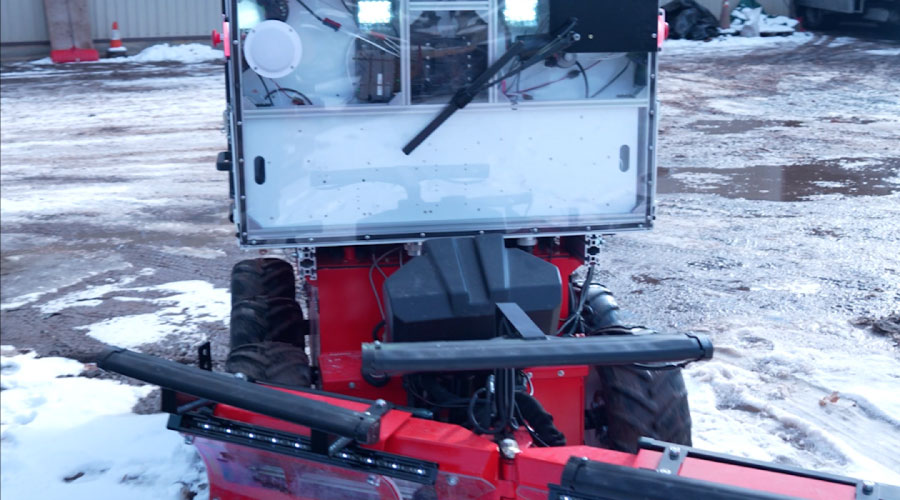 Beyond sustainability considerations related to emmissions, fuels and noise, managers purchasing new grounds equipment also need to select products that will deliver reliable, long-term performance.
Beyond sustainability considerations related to emmissions, fuels and noise, managers purchasing new grounds equipment also need to select products that will deliver reliable, long-term performance.Sustainability: Focus on Fuel and Noise Reduction
Advances in technologies designed to protect the environment give managers more tools to achieve performance and bottom-line goals.
Focus on fuel
As manufacturers emphasize diesel-powered engines for their products, some also are experimenting with alternative fuels, including bio-diesel. Managers who opt for a clean fuel source, — such as bio-diesel from vegetable oil, soybean oil and animal fat — can see many benefits.
“Alternative fuels continue to be buzz words, but in reality, the only fuel option that provides the best power and the best ecological benefits is diesel,” Simmon says. “Bio-diesel is a good option, too, but the supply of bio-diesel currently is not at the level to fuel the nation’s diesel fleets.”
With bio-diesel continuing to develop, some manufacturers say they do not view the fuel as a viable long-term option.
“Biofuels have really good short-term value,” Friell says. “Long term, it’s likely there are probably better technology solutions. Things like hybrids, electrics or solar chargers might provide better long-term sustainable solutions.”
Managers who look to emphasize sustainability and clean energy but want more alternative-fuel options can consider electric vehicles. In recent years, electricity and battery technology have seen tangible advances, and several factors have led to an increase in their applications in grounds equipment.
“Due to rising costs of diesel engines and greater sensitivity to environmental concerns, there has been large growth in electrical and battery-powered equipment,” Minas says. “That growth has been seen primarily in the hand-held tool segment.” Electric technology is also available and viable in many utility vehicles.
“I think in general, a lot of these facilities are trying to find ways to run a more sustainable operation,” says Bill Dakuras, director of sales and business development with Club Car. “When you’re looking at smaller vehicles, they can maneuver better, they can get into places bigger trucks can’t, and I think there are more and more vehicles that are being used to improve the entire operation.
“I think electric vehicles are becoming more popular all the time, and when we are talking emissions, there are zero emissions. From that point of view, they are very green. Lithium is starting to make its way into light-duty utility vehicles, and we are probably about a year away from that. It will give you longer run time, less charge time and make things even quieter.”
Keeping quiet
Grounds departments at institutional and commercial facilities, especially in health care and higher education, also face pressure to keep their operations — and, as a result, their equipment — as quiet as possible to avoid disrupting patients, students and other occupants.
“Mufflers continue to be the first line of defense in minimizing noise,” Minas says. “Noise-dampening hoods are also used on most diesel equipment to help reduce noise levels. On rotary mowers, the wing shape on the blades can reduce the turbulence and noise created during operation.”
Manufacturers also are focusing their noise-reduction efforts on the crews who operate them for long periods by developing quieter operator cabs.
“Noise is a tough problem,” Friell says. “We can design quieter structures using some of the tools that we have available now, but the tough part about this whole problem is that we need power to get the job done, and power generates noise.
“When we talk to customers about a solution for noise, the conversation tends to focus on electric, which is the simple answer. Electric is about as quiet as it gets. At the same time, not everybody can use electric (powered vehicles), and you can’t use it in all applications.”
Related Topics:














